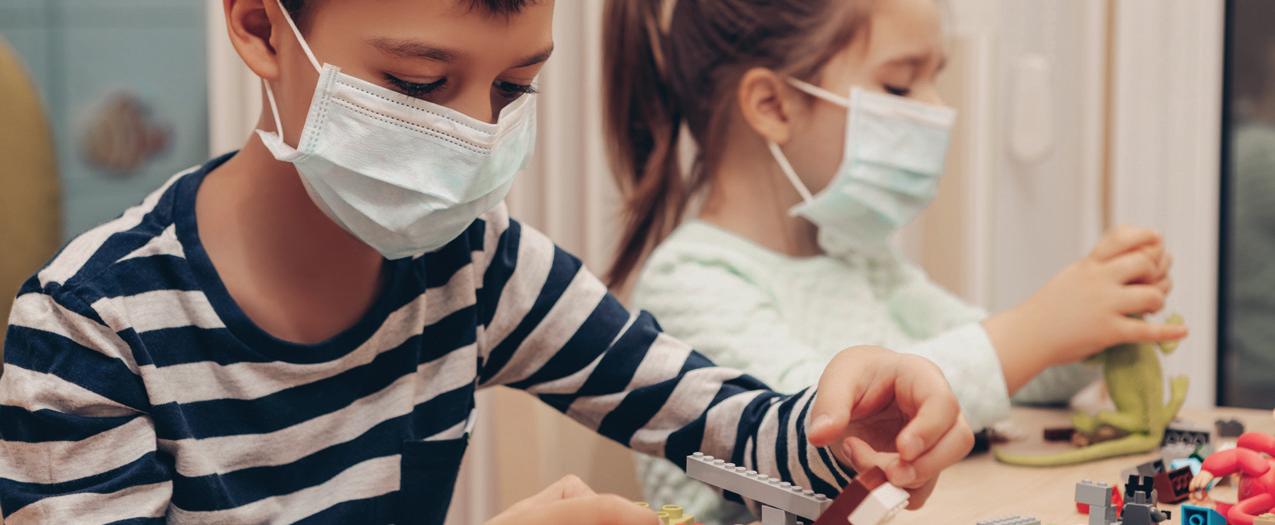Great Kids!
A Series about Local Kids who are Changing the World By TANIA SOUSSAN
Los Alamos teenager Lillian Petersen has been interested in computer programming and data analysis since she was in elementary school. “I started learning to program when I was in fifth grade and I thought it was really cool,” she said. Her interests led her to scientific explorations that earned her several honors. An avid skier, Petersen started by studying the correlation between the climatic condition El Niño and snowfall in 2015. That work showed her how data analysis and computer programming could generate conclusive answers, so she went on to apply her knowledge to other issues important to her, including climate change. Her work on predicting crop yields several months before harvest in developing countries attracted the attention of several professional organizations and won her the Gloria Barron Prize for Young Heroes this year. Barbara Ann Richman, executive director of the prize organization called Petersen and her dedication “hugely heroic and inspiring.” “We’re thrilled to name Lillian one of this year’s Barron Prize winners,” Richman said. “She’s using her passion for technology to do innovative and critically important work that stems from her own life story. She is a deeply compassionate person who is committed to alleviating suffering and is working hard to do so.” Each year, the Barron Prize honors 25 young leaders in the United
Albuquerque
18
New Mexico Kids!
November/December 2020
States and Canada who have made a significant positive difference to people and the environment. Fifteen top winners each receive $10,000 to support their service work or for higher education. Petersen, 18, is using the prize money to help pay for her college education at Harvard University where she is a freshman studying applied math with an application to molecular biology, which she sees as the greatest opportunity for developing life-saving drugs and therapies. In a 2019 internship at the Salk Institute for Biological Studies, she studied oncogene activation in leukemia patients. “I’m really excited to win this,” Petersen said. “I think it’s a great opportunity, especially to be connected with kids across the United States who are doing really impactful things.” Petersen used satellite imagery to create an early warning system to predict crop yields in every African country. Her model could help governments and aid organizations prepare for impending food crises and to transport food and supplies to where they are most needed. She presented her research at 11 aid and research organization conferences around the world and has published her work in the peerreviewed journal “Remote Sensing.” She started thinking about food insecurity nine years ago when her family adopted three children, all of whom had faced food insecurity in their former homes. She also heard about crop failures that had thrown Ethiopia into a state of emergency and left aid organizations unprepared. She resolved to help and put her love of technology to the task. Petersen worked with satellite experts at Descartes Labs in Los Alamos, who mentored her on everything from the science and how to work with large data sets to how to publish a paper. She wrote thousands of lines of code, then validated her method in Illinois before applying it to African countries with highly accurate results. Petersen also has studied cost-effective nutrition interventions in Africa. “My younger siblings opened my eyes to the hardships faced by the underprivileged all over the world,” she said. “I believe everyone has the responsibility to help reduce suffering. My goal is to unlock advances in technology and make them work for the world.” The Barron Prize was founded by author T. A. Barron and named for his mother, Gloria, who believed every person has the power to make the world a better place.




